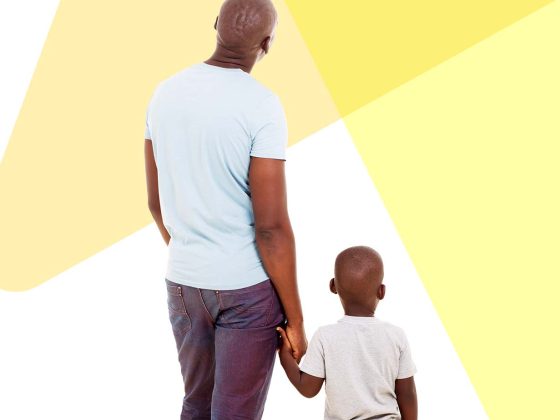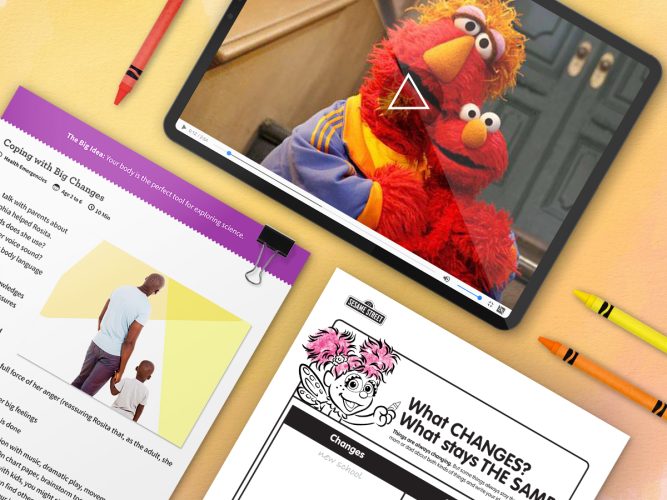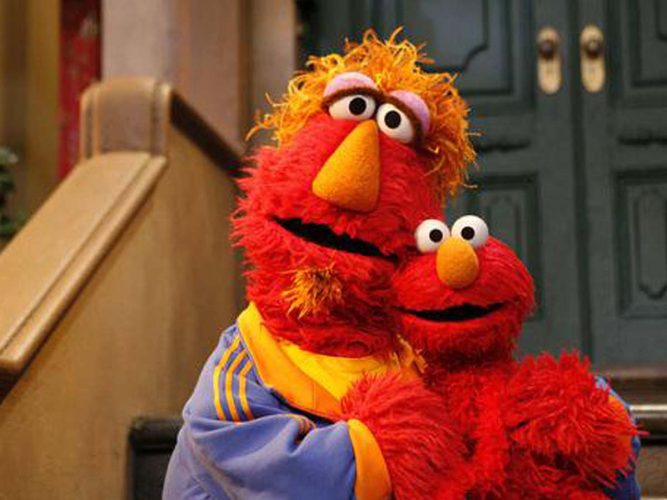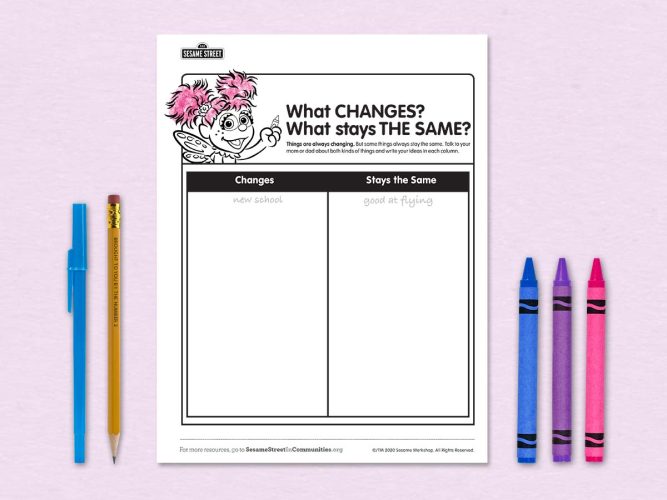
Understanding and Explaining Change
Your family has already experienced many changes, and change may continue to be a big part of your family’s story.
Your family has already experienced many changes, and change may continue to be a big part of your family’s story. Consider these ideas to help your family understand and cope with change.
Change is a part of life.
We often look at change as a bad thing, but during big transitions, especially ones that are out of our control, it may help to remember that change is a natural part of life. You might talk with children about other things that change, and how those changes are good or helpful:
- When a plant grows from a seed, we see that change can be beautiful.
- When the seasons change throughout the year, we can look forward to new things, like swimming in warm weather or warm drinks in cold weather.
- When the colors on a traffic light change, traffic runs smoothly—change can be helpful!
Then, talk about some changes you’ve experienced or may experience soon. What good things happened (even very small ones)? What good things are you looking forward to?
Grief is a part of change.
Feelings of grief—including sadness, anger, and confusion—are natural when things change. You may be mourning the loss of your home, routines, familiar places and things, or the death of a loved one. It’s normal to feel sad or mad about what’s happened, and unsure about what might happen in the future.
Sometimes children’s grief is overlooked by adults because children may appear to be “fine” as they continue to play and laugh. But every member of the family grieves differently and at their own pace. Grief may go away briefly, return, and then go away again. Even when children seem okay, you can remind them that…
- It’s okay to feel big feelings—such as sadness or anger—and even many different feelings at the same time.
- We can miss how things used to be, and at the same time, enjoy life now.
- It’s okay to be happy when something good happens or to laugh when something is funny.
- When we do feel sad, mad, or anxious, there are things we can do to help ourselves feel better.
Change helps us grow.
While it can be uncomfortable and painful, there can be beauty in change, too. Change brings the opportunity to learn important lessons and gain skills that can help us face future challenges. For instance, we may learn to advocate for ourselves or our family members, become more comfortable asking for help, or grow in compassion.
Big changes often help shape us for the better. You might think of some examples of how big changes have helped you learn and grow and share them with your children. Can children think of ways they’ve grown?
You might ask your child to repeat after you: “I am changing, learning, and growing every day.”

Coping with Big Changes
Big transitions, such as resettling in a new place, can be very challenging for the whole family. These resources offer simple strategies to help you feel more secure and united in the midst of change.

Proud Song
Big changes can make children feel uneasy. Learning new things is one thing that can help children feel confident.

What Changes and What Stays the Same?
Your family has already experienced many changes, and change may continue to be a big part of your family’s story.
